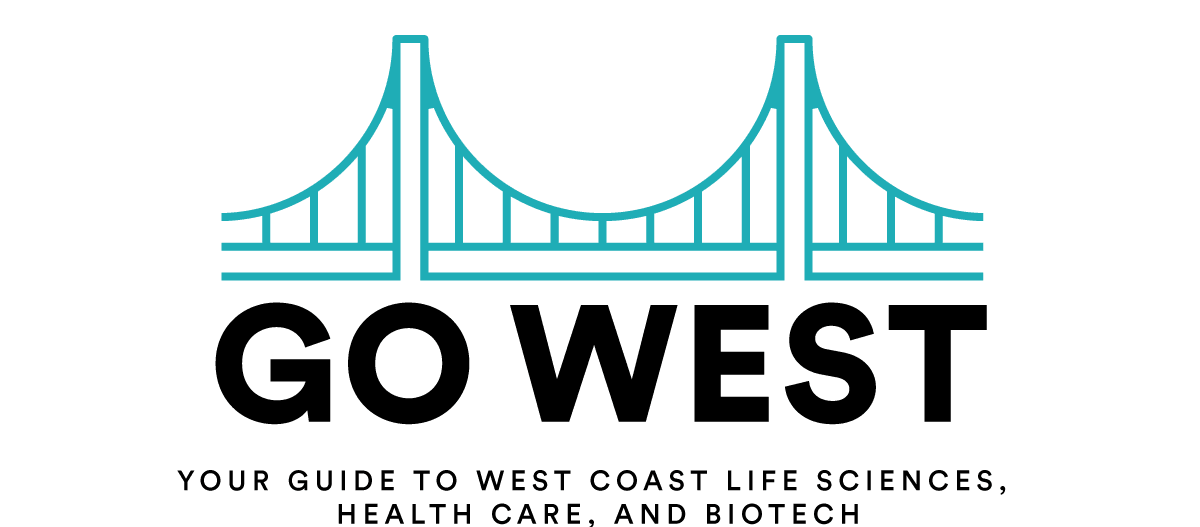

Now, onto the latest headlines
Here’s an update on a story I told you about in the last edition of this newsletter: The University of California system and the journal publisher Elsevier have reached a one-month extension — through the end of January — to resolve their dispute over the way the UC pays for access to Elsevier’s journals. The fight could have big implications for how academic research gets read and published.
A few West Coast companies are poised to offer an early test of the strength of the biotech IPO market in 2019. San Diego-based Gossamer Bio, which is developing a treatment for a form of severe asthma, wants to go public to raise about $265 million. And South San Francisco-based Harpoon Therapeutics, which is working on a type of immunotherapy using engineered proteins known as T-cell engagers, has filed for a $86 million IPO.
An advisory committee of physicians and researchers is out with a new report about what the state of California needs to do translate the excitement around precision medicine into laws that would have a real impact for patients. Among the recommendations: Pass legislation to strengthen genetic privacy protections. And create incentives to let patients access, share, and fix their electronic health records.
Verily, Alphabet’s life sciences-focused unit, struck a deal with the pharmacy giant Walgreens to try to use technology to help patients adhere to their medications. The deal involves bringing services to Walgreens retail locations and developing a type-2 diabetes program for Walgreens employees. The thing that struck me most about this undertaking: It’s much less ambitious than some of the science fiction-esque projects that Verily took on when it was first spun out from Google.
Silicon Valley is sometimes criticized as being out of touch with what doctors want and patients need. Which is why some physicians are encouraging tech developers to follow them around the hospital, CNBC’s Chrissy Farr reports.
Facebook’s head of health research, the cardiologist Dr. Freddy Abnousi, is out with a co-authored opinion piece in JAMA calling for social media data to be considered alongside the more traditional data sources that are used to understand the health factors known as social determinants of health. Among the potentially powerful data points: how many online friends you have, how often you post, and how integrated you are with online communities.
In Facebook-adjacent news, researchers involved in a new initiative known as the Chan Zuckerberg Biohub developed a wireless brain implant that can record, stimulate, and disrupt the movement of a monkey in real time, according to Business Insider. In this case, a wand was used to stop the monkey from moving a computer cursor, which it had been trained to do. But the hope is that similar technologies could one day help stop seizures or other disruptive motions in humans.
On Monday, the industry trade group California Life Sciences Association will officially have a new leader. Mike Guerra, a veteran of the lab products distributor VWR International, will succeed Sara Radcliffe as the group’s president and CEO.





















.png)









No hay comentarios:
Publicar un comentario